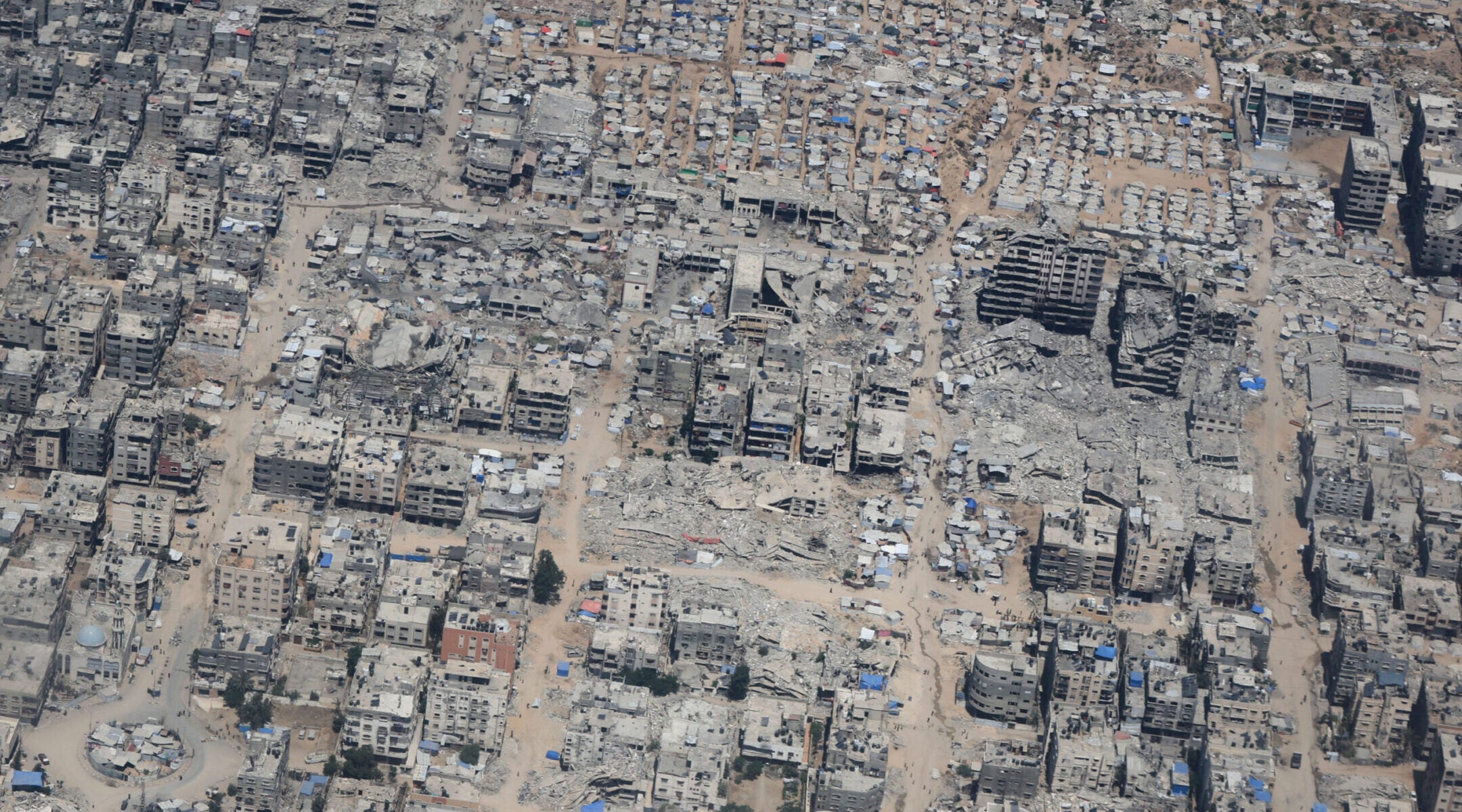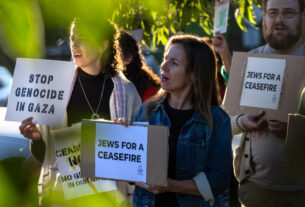Israel’s security cabinet has endorsed Prime Minister Benjamin Netanyahu’s plan to expand fighting in Gaza, despite warnings from military leaders and others that doing so would put soldiers and hostages at risk.
The plan approved early Friday morning does not specify that Israel will “occupy” Gaza, as Netanyahu said shortly before entering the marathon meeting that he intended to do. Instead, it focuses on Gaza City, the largest area within Gaza where the Israeli army does not already operate on the ground.
The IDF says it has conquered about 75% percent of Gaza since entering in October 2023 but has avoided major ground operations in Gaza City and a handful of other places where it believes hostages are being held — and where a majority of Palestinians are living after mass displacement within the territory.
Now, Israel is reportedly giving civilians sheltering in Gaza City until Oct. 7 — the two-year anniversary of the Hamas attack from Gaza that inaugurated the war — to leave.
The timeline allows for the Israeli army to array its personnel and supplies. It also leaves open the possibility for a negotiated end to the conflict, which much of the world has called for but Israel and Hamas have never agreed to, or for Hamas to surrender, as Israel has demanded but Hamas has sworn never to do.
Netanyahu’s office said shortly before 7 a.m. Friday that the security cabinet had approved a plan to prepare for seizing Gaza City “while distributing humanitarian assistance to the civilian population outside the combat zones.” Israel has drawn international condemnation over humanitarian conditions in Gaza, which are likely to worsen substantially as hundreds of thousands of displaced Palestinians will be forced to move again into even more densely packed portions of the strip.
The announcement lists five principles for ending the war: disarming Hamas; returning all 50 remaining hostages, of 20 are thought to be alive; the demilitarization of Gaza; Israeli “security control” in Gaza; and the creation of a civil administration “that is neither Hamas nor the Palestinian Authority,” the body that controls parts of the West Bank that some countries have endorsed as the governing authority of a future Palestinian state.
Netanyahu has drawn criticism for resisting calls to make a “day-after” plan for the war that would include a governance scheme.
Israeli military leaders reportedly pushed back against expanding operations in Gaza, citing the risk to hostages — some have been murdered when the IDF neared — and the condition of the country’s reservists after nearly two years of war. Most hostage families and members of the Israeli public also want the war to end with a deal that would release the hostages.
The plan leaves the door open to further expanded operations in the future but falls short of the ambitions of some members of the security cabinet, who have said they want to see Gaza totally controlled by Israel, Jewish resettlement in the enclave and Palestinians encouraged or even forced to leave.
The statement from Netanyahu’s office signaled that there was dissent without offering details about what form it took. “A decisive majority of Security Cabinet ministers believed that the alternative plan that had been submitted to the Security Cabinet would neither achieve the defeat of Hamas nor the return of the hostages,” it said.
Keep Jewish Stories in Focus.
(JEWISH REVIEW) has documented Jewish history in real-time for over a century. Keep our journalism strong by joining us in supporting independent, award-winning reporting.




